TheLiteraryHarrovian






Nicole
Jessica Keady (Y12,
Leo Tse (Y12, Churchill)
Nicole Lau (Y12, Keller)
Venetia
(Y8, Parks)
Valerie Ho (Y12, Anderson)
Ashlee Kwan (Y12, Wu)
Sebastian Johnson (Y12, Shaftesbury)
Charlize Mui (Y11, Wu)
Paris Wang (Y10, Gellhorn)
Jade Wang (Y12, Keller)
Jessica Wong (Y6, Parks)
Ashley Tam (Y10, Gellhorn)
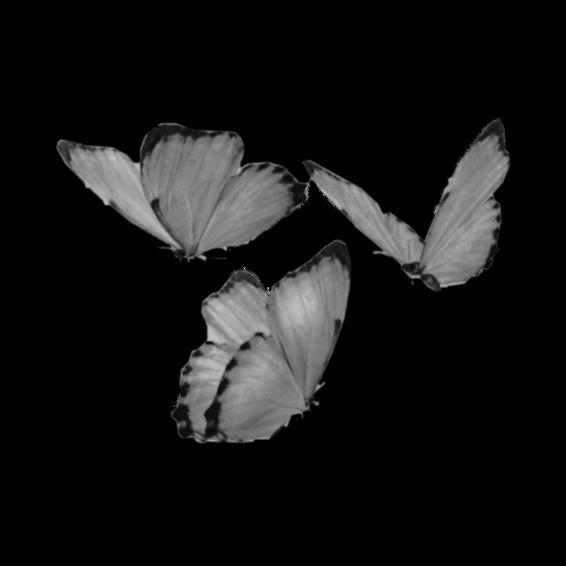
Jessica Cheng (Y10, Gellhorn)

Angelina Lu (Y11, Wu)
Sebastian Johnson (Y12, Shaftesbury)
Ashlee Kwan (Y12, Wu)
Lachlan Chung (Y12, Churchill)

Christian Johnson (Y12, Shaftesbury)
Ein Lee (Y9, Wu)


Editors-in-Chief:
Nicole Lau, Jessica Keady, Prinda Li
Senior Editors:
Paris Wang, Chryso Hon, Cherly Chan

Editors:
Christian Johnson, Anson Wang, Jessica Cheng, Ashley Tam, Lachlan Chung, Ananya Abhishek, Katie Onyschenko, Annette Chan, Ein Lee
Heads of Design: Jenny Lin, Catherine Hu
Illustrators and photographers: Leo Tse, Chloe Lau, Venisha Luo, Pia Gargallo, Catherine Hu
Staff writers:
Christian Johnson, Sebastian Johnson, Jessica Cheng, Ashley Tam, Ashlee Kwan, Paris Wang, Lachlan Chung, Jessica Keady, Prinda Li, Nicole Lau, Luna Huang
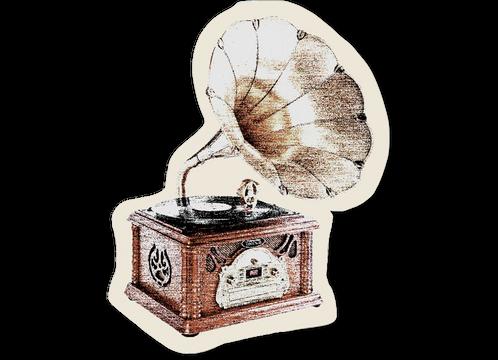

I. Night Light by Laufey
II. Here, There and Everywhere by The Beatles
III. April Come She Will by Simon and Garfunkel
IV. I Think I Like When It Rains by WILLIS
V. Piano Concerto No. 2 in C Minor, Op. 18: III. Allegro Scherzando by Sergei Rachmaninoff
VI. I Used To Be Able To Swim by Jennifer Tee
VII. Prelude à l’après-midi d’un faune by Claude Debussy
VIII. seasons by wave to earth
IX. Slipping Through My Fingers by ABBA
X. Can’t Catch Me Now by Olivia Rodrigo to enhance your reading experience...




Our lives are inextricably, totally, and completely intertwined with change. Each passing second, something changes. Leaves fall; people come and go. Whether infinitesimal or earth-shattering, it is change that shapes and moulds our modern society into what it is today.
In the 21st century, undeniably a time of prodigious change both politically and culturally, we seek to reconcile our identity with the moving tides, remaining steadfast yet embracing of the motion of the current. Hence, it becomes pertinent for us to write it all down, to create stories that reflect our experiences during this fickle and capricious time. Now, more so than ever, literature can be used to provide clarity into a shifting world and our positions within it.
With this edition, the Literary Harrovian aims to take the reader on a journey, confronting the pain of change and celebrating the joy that it brings, ultimately trying to attenuate the fear that surrounds this somewhat intimidating concept. This issue features short stories, poems, essays, and artwork on a plethora of different topics, ranging from growing pains to first love and heartache. Writers have tried to capture transitory moments of the human condition, delving deep into emotions that arise with the liminality between phases of life.
Despite this edition’s focus on change, one thing remains a constant in our Harrow community: the extremely dedicated Literary Harrovian editorial team. Special thanks must be given to our teacher supervisor Mr Sallabank, our Heads of Design Cathy and Jenny, and our Senior Editors Paris, Cherly and Chryso. We would like to thank everyone who has contributed to this edition for all of their time and effort.
Lastly, we wish to leave you with this closing thought. The chosen word of this issue, metanoia, exemplifies the goal we had in mind for this edition. We each embark on our own journeys in life. We both witness and experience change throughout, with “our lines raised in the wind”, as John Burnside so aptly put it. The test of old is this— how will you face it?
And most importantly, what story will you impart?
Happy reading, Nicole, Jessica, and Prinda




bedroom, a husky lu wafts up.
Shuddering dance across the ceiling as I sneak in to take a closer look a version of us drifts off to sleep.

We’ve spent our whole lives juggling single and double bickering back and forth made jabbing afflictions into our weird way of affection I hate you has always meant I love you but in spite of it, and not because of it because you’re stupid but a kind of stupid I seem to need
 by Nicole Lau
by Nicole Lau
I conclude that the light is playing tricks on me. The shadows are growing large and looming and you’re leaving me to long-abandoned childish whims and quiet existence, not unlike dust bunnies clinging to a night light that flickers on and off in a corner of our room someplace, somewhere



We have always come as a pair
When you’re gone, I crawl into your bed and try to fall asleep to the conjured image of us
real and not imagined
Growing up is a competition and I am lagging behind.

So let's make a promise I know you can't keep Let's never grow up. We'll live off of my memory of hazy blaze and church Sundays adulting is overrated, anyway
I miss the vitasoy in your hand the glint in your eyes the you and me of the days gone by
But time escapes from me. In our childhood bedroom, the bed beside me is empty the silence loud and the person missing. I lie awake once more.
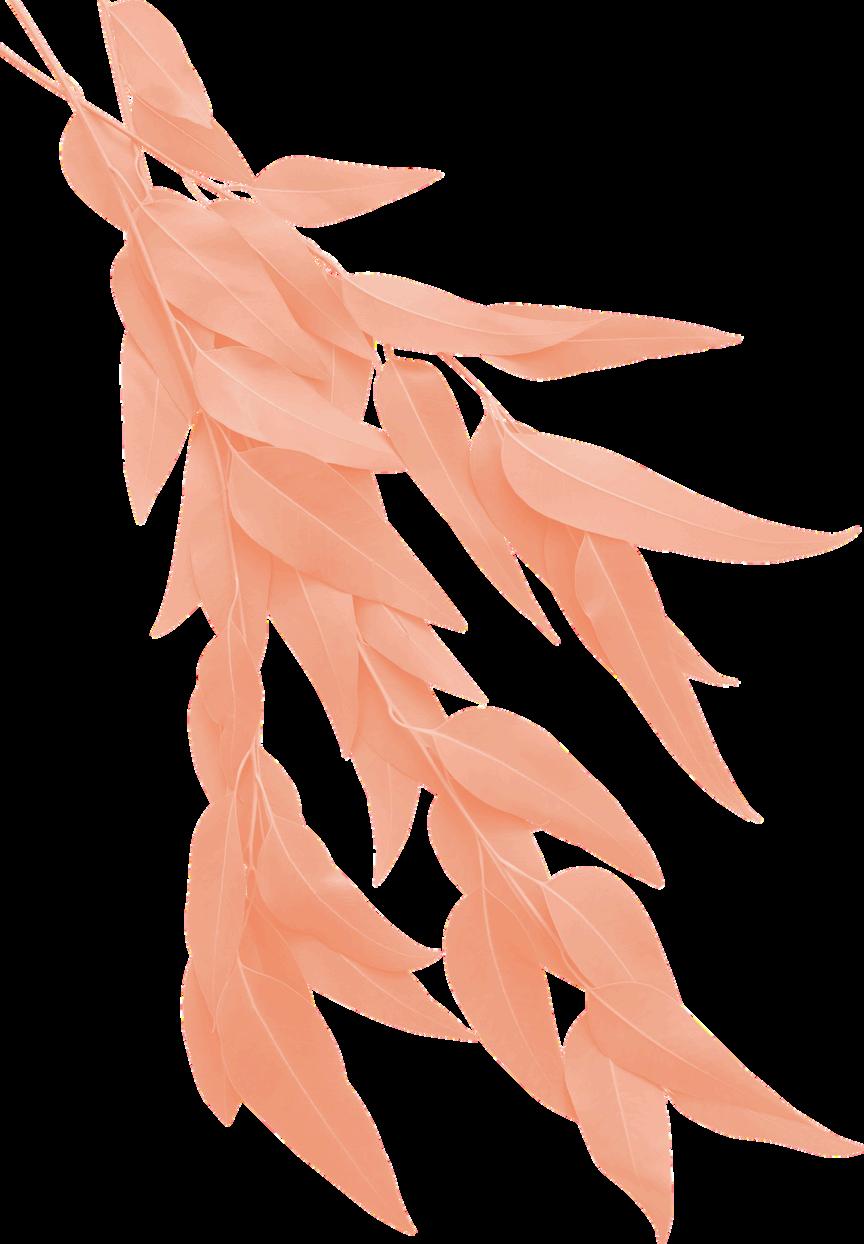






 by Jessica Keady
by Jessica Keady

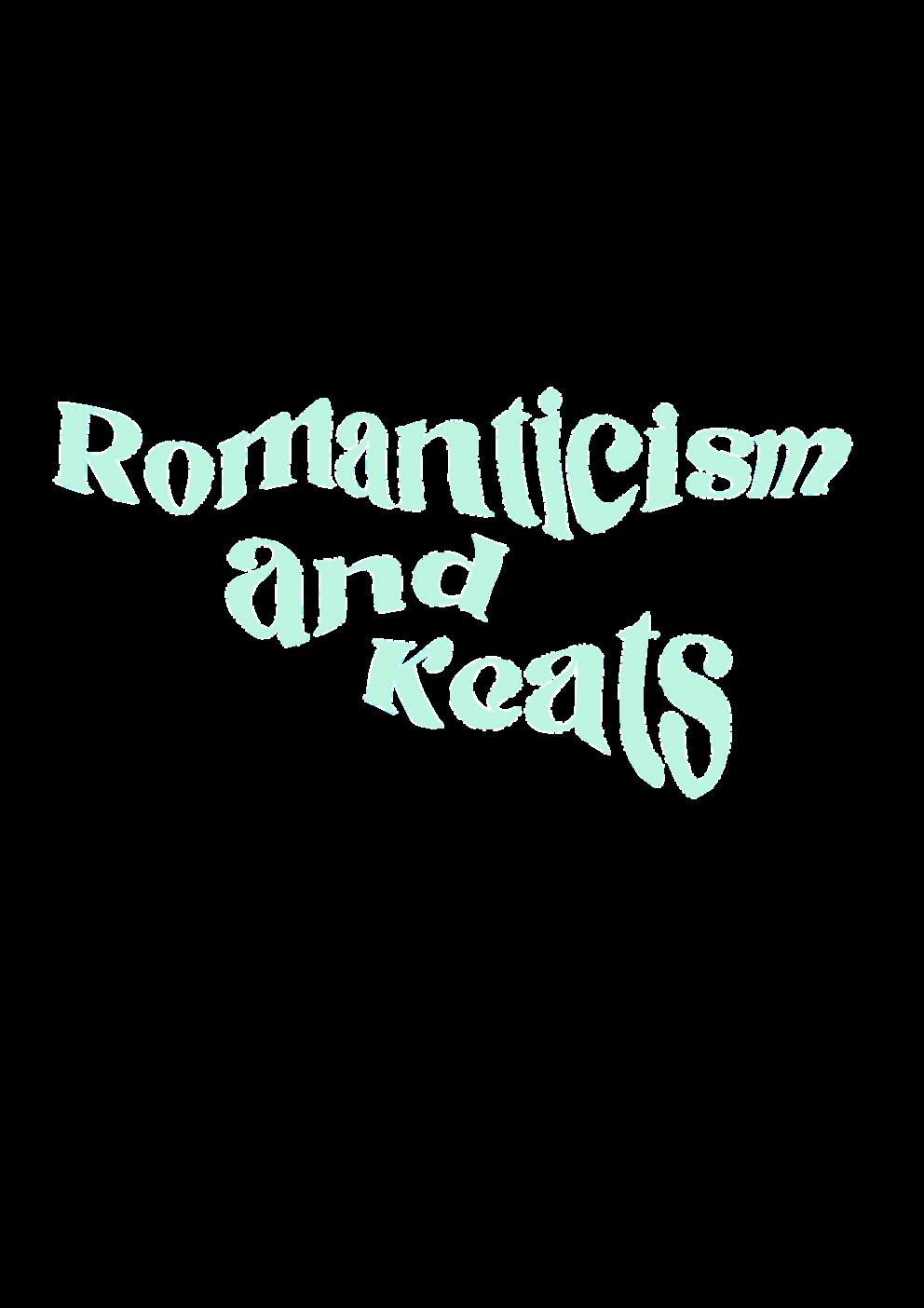
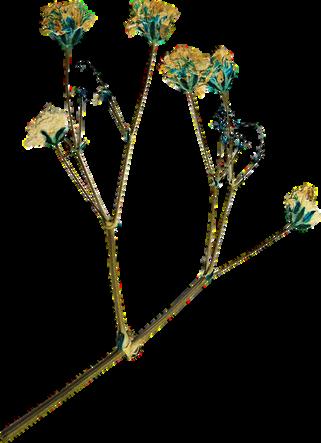
The Romantic movement was a time when beauty and emotion came to trump intellect. It emphasised the imagination, the transcendental, the natural, the individual, and the emotional. It was a time when poets were introspective whilst also examining the human condition and the human personality, trying to arouse a sense of wonder in the mind. The Romantic movement refers to the years between 1785 to 1830. It is named after a genre of literature, the Romance, and this orientation characterised all forms of art, including literature, painting, architecture, and music. For many writers, the Romantic movement was a cerebral and inspired time that some classified as the “spirit of the age.” It marked the resurgence of experimental and unique literature that revived the mediaeval genre which included elements of the fantastical, folklore, and magic. The movement was associated with rejecting the set of expectations for literature and convention in favour of originality and expression. It had occurred in an all-around tumultuous period. England had changed from an agricultural society, where wealth had been concentrated in the landowners, to an industrial nation. Moreover, it was marked by revolutions in both France and America, with the prior being tainted by violence with Robespierre and the infamous despot Napoleon. The movement was a reaction to neo-classicism and rationalism that defined the Enlightenment. Thus, the Romantic movement could arguably function as a caprice. Borrowing from the words of Hazlitt, the movement “had its origin in the French Revolution ” Undoubtedly, many believed the Revolution signified humanity’s chance to begin again.




John Keats, born in 1795, belonged to the second phase of Romanticism between the years 1805 to 1830. He was seen as the Romantic archetypal dreamer that tragically met his death early at the age of 25. He had been accused of removing himself from the world of human affairs to an idealised one, which may also be applicable to his poetry.
Keats’ Endymion is his first long poetic epic. It took up the central form of English Romanticism at the time - an exploration into the self through a recount of a journey in search of identity and a spiritual home. Keats’ poem narrates the story of the mortal shepherd Endymion who becomes enraptured with the moon goddess Cynthia, who he perceives as his ideal mate. Throughout the story, Endymion’s world oscillates between a mortal Indian maid and the Grecian goddess The traditional story differs from the Keatsian version where Cynthia instead is enthralled by Endymion. The Romantic theme of the poem is realised through Keats’ lush and sensuous descriptions of naturalistic images and Endymion’s meandering adventures. Keats portrays a dualistic universe where love becomes a bridge between the natural state and a supernatural ambition that fulfils this love. Endymion’s original romantic passion could be perceived as a metaphor for man’s pursuit of perfection.
Endymion explores several themes: beauty, imagination, transcendence, nature, and the sublime. In this poem, Keats particularly looks at the lifesustaining potency of beauty. He explores its ability to provide solace and shelter in times of turmoil entrenched in an imperfect world. On the theme of beauty, Keats opens Endymion with “a thing of beauty is a joy for ever,” coupling an idea of transience with permanence, making it almost paradoxical. This employment of paradox is continuously perpetuated throughout the poem, even through Keats’ description of love, which holds an eternal quality alongside a mortal existence The governing paradox within this poem is that love bears constancy, yet, the constancy of this emotion hurls Endymion into extremes of experiences. Endymion experiences the heights of love before being pitched into despondency. Keats’ intention is, then, to harmonise the ideal with the real, unifying this idea of immortal and mortal beauty to be one and the same. He posits that beauty is not fleeting and superficial but is rather everlasting and a fundamental aspect of human experience.
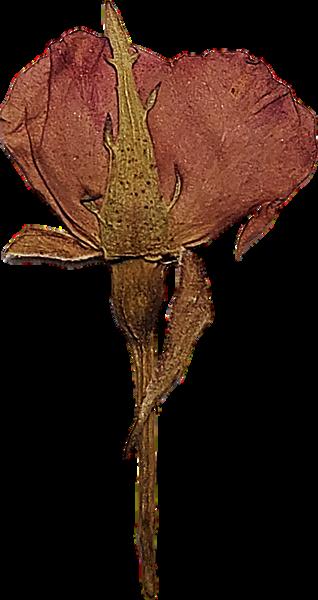

When examining Endymion, we must also acknowledge its Greek influences. The end of the 18th century initiated a surge in interest and enthusiasm for Greek mythology. In England, an influx of translations of Greek tragedies and mythological stories was an impetus to the inspiration of Romantic poets. Arguably, this interest in mythology reflects the attitudes of a time when the limitations of reason were rejected in favour of the mystery and unknown. This, combined with the Romantic revival of the short Elizabethan epic was common amongst Keats’ contemporaries. John Reynolds and Percy Shelley, for example, both wrote Greek mythological based epics with The Naiad and Alastor, respectively. In Endymion, Keats’ interest in Hellenic legends had manifested itself. He believed that the Greeks had the “poetry of gladness” and associated this poetry with authority and power that was meant to be emulated.

Keats additionally employs many instances of natural imagery throughout the poem. The poem waivers from being set in the picturesque and enchanting English countryside and in ancient Greece. In Endymion, Keats imagines how his poetry will grow and mature throughout the seasons, from the spring “while early budders are just new” to autumn, where a “tinge of sober gold” permeates the landscape. Here, Keats illustrates how he thinks poetic composition ought to be a natural product rather than an artificial one There is an assertion that poetry should be born organically rather than being bent of its own will. Vivid natural descriptions in this poem are a hallmark of Romanticism, where the vision of the natural world became elevated and was held in high regard, especially considering the Industrial Revolution that threatened its preservation Its serenity contrasted starkly with the increasingly capitalist society that endeavoured profits and power. The movement was characterised by its dissemination of unity between man and nature. In the context of Endymion, its depictions of idyllic landscapes and natural occurrences potentially echo Endymion’s search for beauty and love.


Keats’ use of synaesthesia in the poem is most notable. Repeatedly, he employs this technique which is evident when he says, “the music, yearning like a God in pain” or alternatively when he says, “soft when the music the soft air along.” In a letter to Benjamin Bailey, he emphatically exclaims “O for a life of sensation rather than of thoughts!” This brings to light a strong feature of Keats' poetry which is to render sensations rather than ideas to feel the complexities of the world. The utilisation of this device embellishes the poem’s heavenly atmosphere, creating an additional sensory experience that acts throughout the story. His use of synaesthesia is prevalent in many of his poems. In many instances, synaesthesia is so intricately embroidered into the poem that it becomes part of the poem’s composition. Keats often teeters on the edge of overwhelming the reader with an onslaught of sensory imagery but does it just enough to capture the immediate feeling of the moment It is evident in Keats’ work that there was a fight against a force spurring him to record the bursts of sensation that he experienced. Keats differs from some key individuals of this period in his use of synaesthesia. While critics write that Byron used synaesthesia primarily for decorative purposes to match the synaesthetic inclinations of the time, synaesthesia, for Keats, was a natural impulse, resulting in rich, striking, and uniquely original images.
Due to Keats’ early death, it is impossible to determine how much was lost from the Romantic movement. Nevertheless, as time progressed, his influence expanded and became especially influential to the Pre-Raphaelites and Lord Tennyson. Whilst his 19th-century admirers were preoccupied with Keats in a superficial sense, it was only until the 20th and 21st-century that Keats’ poetic genius and achievement were celebrated. Keats was indeed beloved and revered among the English poets after his death, as he so desired throughout his literary career.




10, a bright and sunny day and fuelled by the most beautiful decade double digits, dreams of endless possibilities and a glorious challenge up ahead the visages of innocent excitement join in a chorus of cheer and jubilee, a birthday celebration of grand and pompous magnitude
20, a day of triumph and hope for an exuberant decade free from the suffocating constraints of home, the entire world dancing on your fingertips
Surrounded by youthful ignorance and aspirations, awe inspiring and exciting a birthday party, with a stark absence of sobriety among carefree attitude
30, a day of remembrance, a decade of reconsideration
Hundreds of contacts, from long years age, forgotten text that once held dear the big wide world constricting and collapsing,
A birthday, a brief break from stress and expectations, an opportunity for reconciliation through great fortitude

40, another day another decade the excitement of old, the promised future drowning in a facade of competence another day, celebrated in mind numbing solitude PhotographybyLeoTse





“Don'tsquanderthegoldof yourdays…Wenevergetbac ouryouth.Thepulseofjoy thatbeatsinusattwenty becomessluggish.Ourlimbs fail,oursensesrot.We degenerateintohideous puppets,hauntedbythe memoryofthepassionsof whichweweretoomuch afraid,andtheexquisite temptationsthatwehadnot thecouragetoyieldto.Youth! Youth!There'sabsolutely nothingintheworldbut youth!”

-OscarWilde,ThePictureof DorianGray











I looked at it.
The small black thing. It looked back.
The room grew cold and We waited in silence.
Moments dripped by, And uncomfortably did we sit.
Never was a murder so awkward.

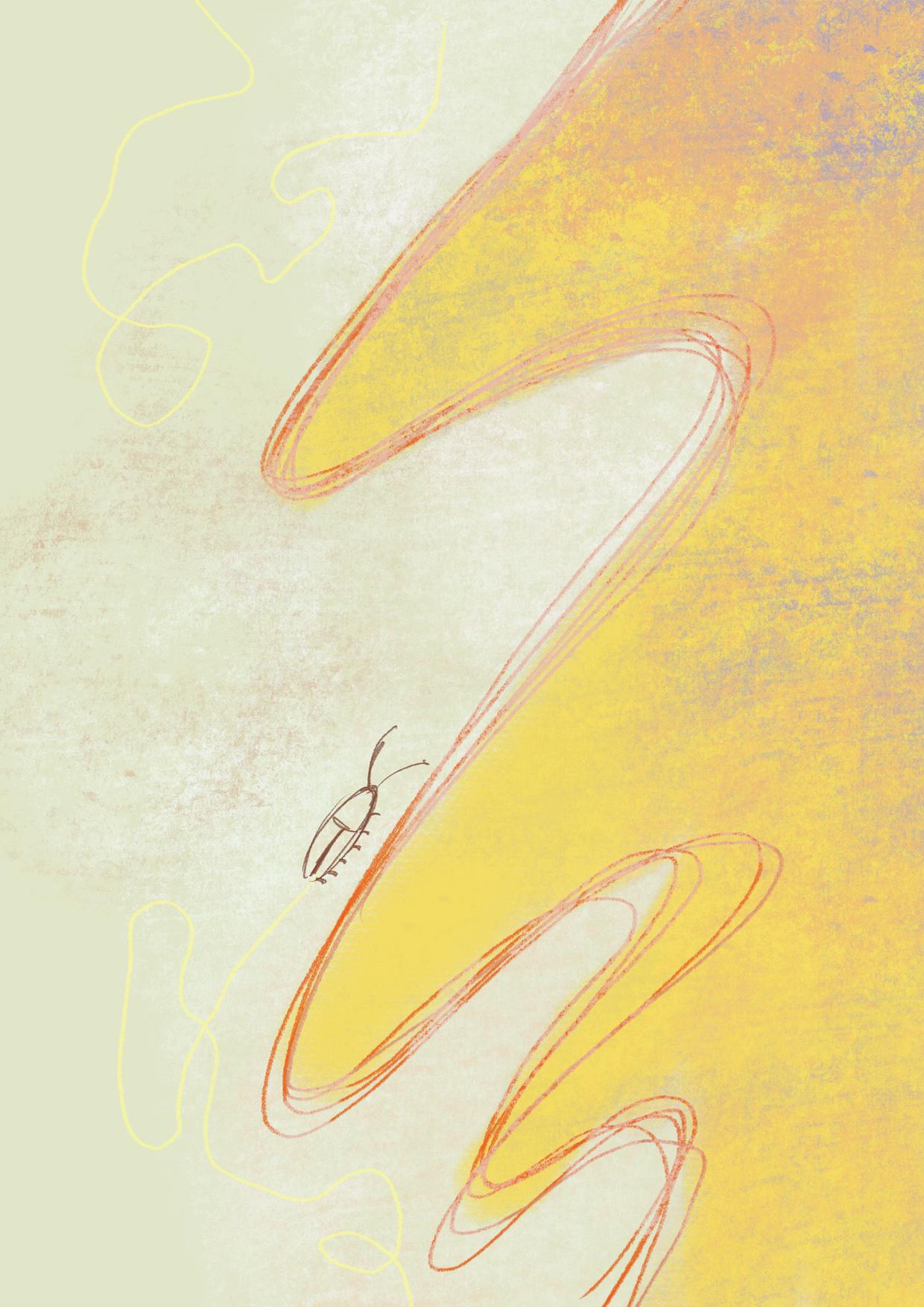
Why did I have to kill? Why did he have to die?
It had become a him in the minutes we shared. In the beginning, in our introduction, our relationship had consisted mostly of screaming. Frenzied flapping of gums and wide sweeping movements. I had tried so hard to scare it away. Every trick in the book from frantic gesticulations and gentle cooing had failed me. And so, we sat.
We luxuriated in the silence. If he didn’t move, I wouldn’t. Our impasse was an armistice of sorts. The ceasefire where we could, hopefully, reach a consensus.
I motioned to the unguarded window. He could escape if he wanted was the idea that I desperately tried to convey. Perhaps this encounter didn’t need to end in squelching death. His white blood could continue to sustain his small, unobtrusive existence a while longer. He could do whatever roaches considered exciting and fulfilling. He could have another meal or something. But, despite my insistence for him to leave, he chose to stay. He chose his end, not me. But was that fair?
I, like some deranged god, had decided his fate for him. The choice he had received had been made entirely by me. Jumbled syllables spilled from a gaping hole to enact the decree of death. Hardly a fair trial, but his existence where he was not allowed was reason enough for his execution. Really, as soon as he had skulked in, he was already a dead roach crawling.
A stain on the wall’s alabaster skin that would take a vicious scrubbing to remove. But hadn’t he deserved it in the end?
The idea was worth debating. If he had been a smarter roach, and known what couldn’t be, would he have lived another wretched roach day?
As I gently peeled broken legs off my shoe, I chose to ponder. I suppose it was my job, the higher being that I was. He couldn’t. The subtle intricacies of such an undertaking required more than his little roach brain was capable of.
And so, I pondered. And it finally occurred to me. His everything had been made up by me; his little roach friends and his little roach wife were just figments of a lurid imagination. I made Mr Roach.
And as his flattened innards were flushed away into an unknown grave, I finally acquiesced. He had been killed because it, had not deserved to live.
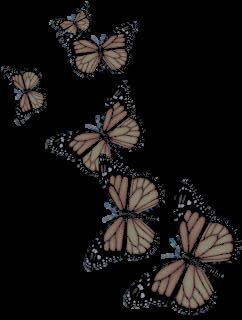
Fly, fly little butterfly
Into the blue, blue sky. They will kiss your little wings And to your ears they’ll bless and sing.
Fly, fly little butterfly
Into your blue, blue sky. Where you’ll settle in the clouds. Where you’ll never make a single sound.
Like whispers in the wind and like passing leaves fly, You’ll listen to my whispers, weeping and hazy cries. The little sparks of our current will melt like a fuse, And I’ll question whether your love for me was a ruse. I’ll question if it all was a sick joke played on me. A sick joke played only on me.


But then again, I care for you.
I’ll never hesitate to embrace when your rosy face turns blue.
But then again, do you care for me? Would you hesitate to open the gilded gate and set me free?
So fly, oh weak little butterfly. Run away from this land. ‘Till the day you can safely stay And kiss the shattered bones stabbing through the skin of my hand.
When your wings are torn and tattered through, You’ll fall through the clouds and fall into Piles and piles of morning dew
Till your body dissipates, and out grew
A strange little plant, born anew. It was weak and green, but still smelled like you.
And you’ll grow and wither and vigorously bloom
Out of the soil and fill the empty/senseless room
Beating inside my heart with your affection Till there’s no more warmth left and gone is my affliction For you.
And you’ll settle there for a while, I’m sure
And the growing waves will transport and pile Layers of debris across the sea as you move further and further away from me.
Trapped within a little cocoon, I’ll plead and beg the skies to see you soon.
I’ll wait forever in the depths beneath the wet sand. Till the day I can hold your loving, burning hand.

i still taste that sweet bitterness
i still see you when the darkness envelops me the warmth wraps around me
i still hear you when the ringing of gaiety the whispers embrace me
i still feel you when the breeze brushes by me the despair cascades over me
you said forever. i keep wondering where did that go?
the deafening silence lingers where the soundless chaos raged
the familiar terrain: gone replaced with foreign roads
a kaleidoscope of echoes haunt me
bittersweetIshutmyeyesandalltheworlddropsdead; Iliftmylidsandallisbornagain. (IthinkImadeyouupinsidemyhead.)
-SylviaPlath,MadGirl’sLoveSong

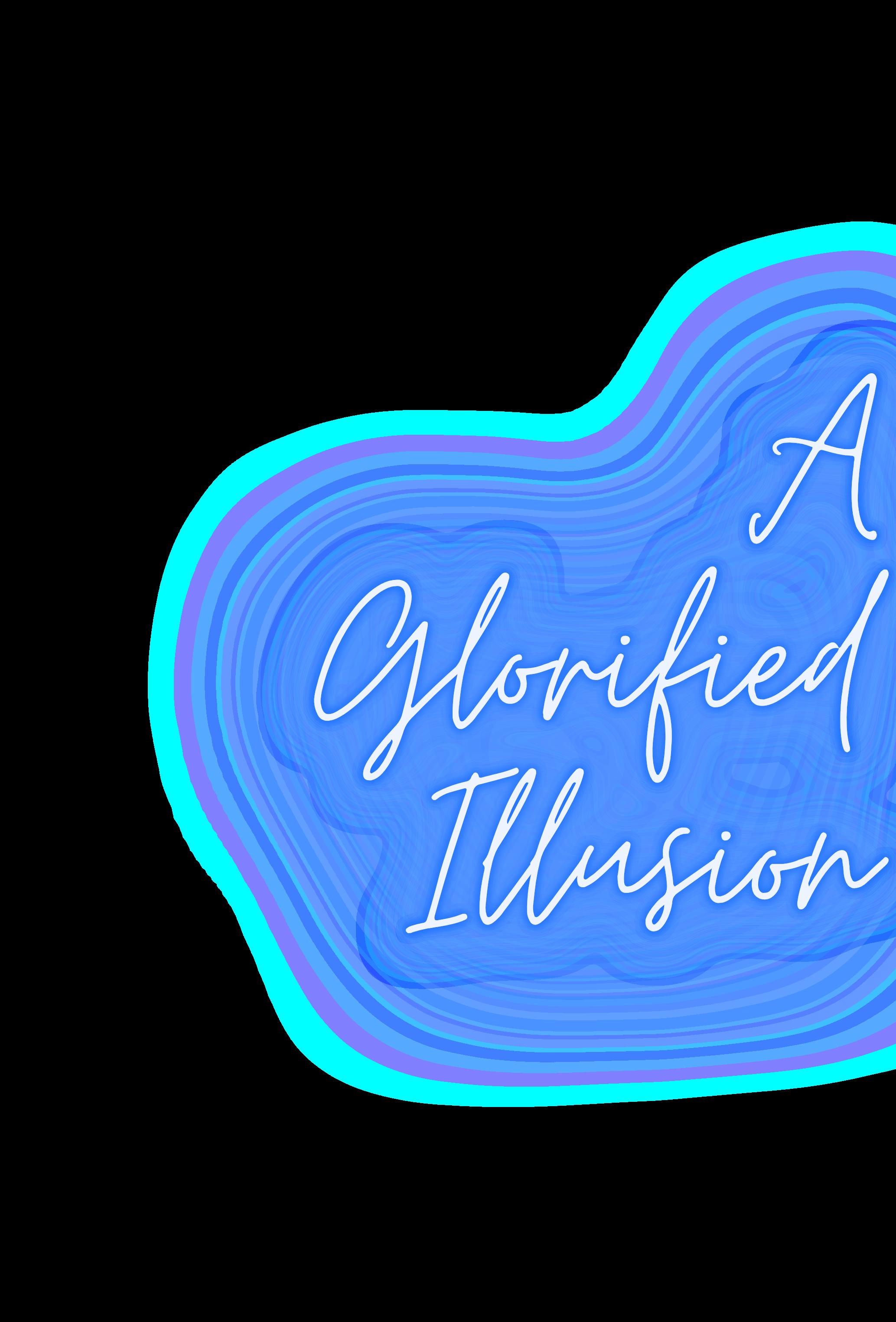
 BY JADE WANG BY JADE WANG BY JADE WANG
BY JADE WANG BY JADE WANG BY JADE WANG
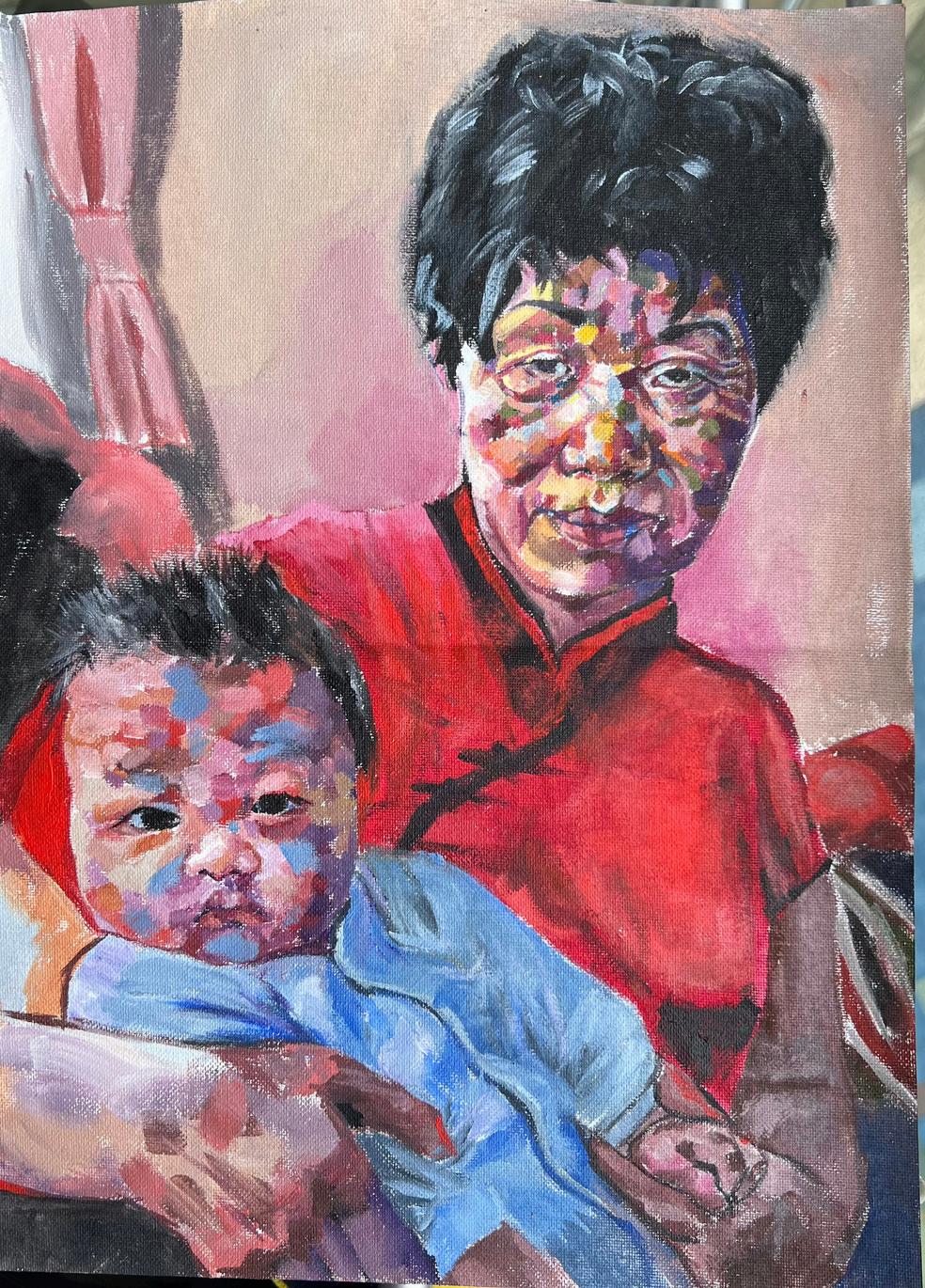 ArtbyChloeLau
ArtbyChloeLau

It feels like it was just yesterday when I was running through the fields with no worry in my mind.
But those days of imagination and wonder Are now over.
Now I am crushed daily by the burdens of stress and A taunting black screen when I think about the past years. The years of isolation and loneliness. The years when masks were the new essentials For survival and life.
All I can think and ponder about is how fast days end The once-clear skies I used to daydream about have now turned into a dark, pitiful sky of anxiety. It was just yesterday when I ran through the Astro With hope in my young eyes.
It was just yesterday when I was curious And filled with amazement. But it is now When the long essays pile up on my desk. When the rain drizzles on my window. That hope is not lost. That hope is not gone.
In three years, I have grown. The virus has now been tamed and the masks are now gone. It was just yesterday When the hope had faded. But today, The hope is shining Brighter than ever.

“Oncethestormisover,youwon’tremember
howyoumadeitthrough,howyoumanagedto survive.Youwon’tevenbesure,whetherthe stormisreallyover.Butonethingiscertain. Whenyoucomeoutofthestorm,youwon’tbe thesamepersonwhowalkedin.That’swhat thisstorm’sallabout.”
-HarukiMurakami,KafkaontheShore

There is a creaking door at the back of every room. It opens and shuts with surprising frequency, enabling spurts of movement quicker than you can say stop. By now, you are able to count the number of rooms you’ve entered: first, the light-sprayed delivery room; playgrounds; palaces abundant in pink, and then blue; the chocolate factory; classrooms; closets shrouded in dark; there is a time and place for everything. Map lost in dilated time, you wander down winding corridors in search of the next room, but there are ones you’ve yet to leave. Rooms with missing doorknobs and a remiss owner, too; so caught up in taking up space you delay calls to the handyman. He refuses the job anyhow.

When it comes time to retire, the door frame bends down like a mother in distress, wrapping around the wrist that has overslept; late for school, again (but you so long for it to stay.)
At every hour, a door closes. You play entrance and exit until every morning is lost and then realised again. A new room appears: Knock, knock.
Who’s there?
Your future. (It doesn’t stop for goodbyes.)

I feel the rain dripping down my face. But is it really the rain or just my salty tears? Is it the rain that pounds on my head or is it the ache from knowing I won’t ever see you again? Is it the rain that is making me cold or is it just the numbness of the sudden news? How can my heart continue to function when it has a hole shaped just like you?
I walk along the empty shore with rain pouring all around me. Walking isn’t the right term though—not when I have to think about pulling each leg off the ground and forcing it to stand straight. I can barely get myself to walk in a straight line and avoid tumbling into the thrashing waves. I try to curl my fists to fight for you, but they just sway by my side. No, I am not walking, I am merely surviving. This is not normal, but now it is. The worst part? I can’t do anything about it. No matter how much I think about you, you won’t come back. You can’t come back, even though you would have wanted to. I want to shield my head from the grieving of the sky, but I cannot raise a single limb. If only you were here to protect me, to hug me tight and warm me up, to carry me back to the refuge of our home. If only you were here, the rain would stop, and the sky would be clear, clear enough for me to enjoy your comforting smile that would mirror my own. If only you were here, everything would be fine.
It used to rain all the time. But back then I had you by my side. You would hold my hand and whisper in my ear, telling me everything’s alright. But now it isn’t alright. When the thunder would crash, you would tell me it was the sound of a marching band. You would duck down to my height so that we could both be under the same umbrella. Your umbrella. You made it act as an invisible column that kept us safe. You made everything alright. You would make me laugh so hard I had to stop to catch my breath; now I only stop because I don’t want to go on breathing when you’re not. You were the sun on those rainy nights. My sun. But now the sun is gone. How could life be this unfair?
As time speeds up, I’ll have to learn not to slow down for you. But for now, I’ll let myself relish in your memories, even if I’m just standing here—drenched. I’ll have to learn to accept the change. But for now, I’ll let the rain hold me, not for you—but for us.
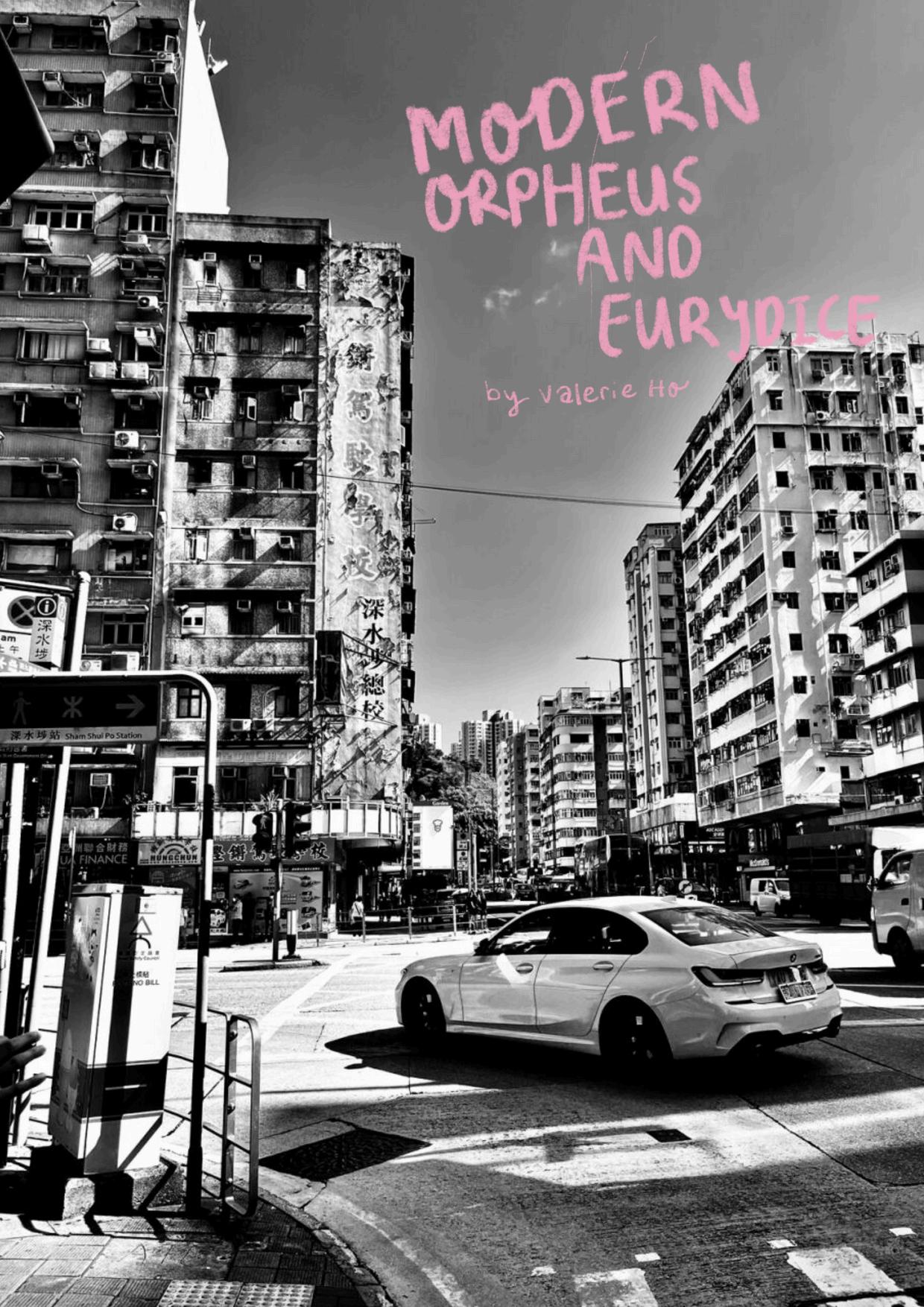
dear past lover, do you daydream of me as children splash in cerulean waves under the summer sun with a wistful facade reminiscing of our planned future?
dear innocent boy, as the leaves turned the crimson of your cheeks do you regret the bashful confiding of your heart's desires?
dear struggling partner, did your heart feel heavy with every vicious retort where every conversation tested that tenuous red string, with its fraying ends not deterring you from clinging on arduously?
dear antagonistic jailmate, did your bound hands to mine and staring at my ashen eyes (which you said once held star fires) make you feel as oppressed as I when birdsong through the bars was only a sporadic mirage?
dear past lover, may we part ways with both joy to bear and sorrow to regret but with new beginnings and a final glance at the leaver's silhouette.
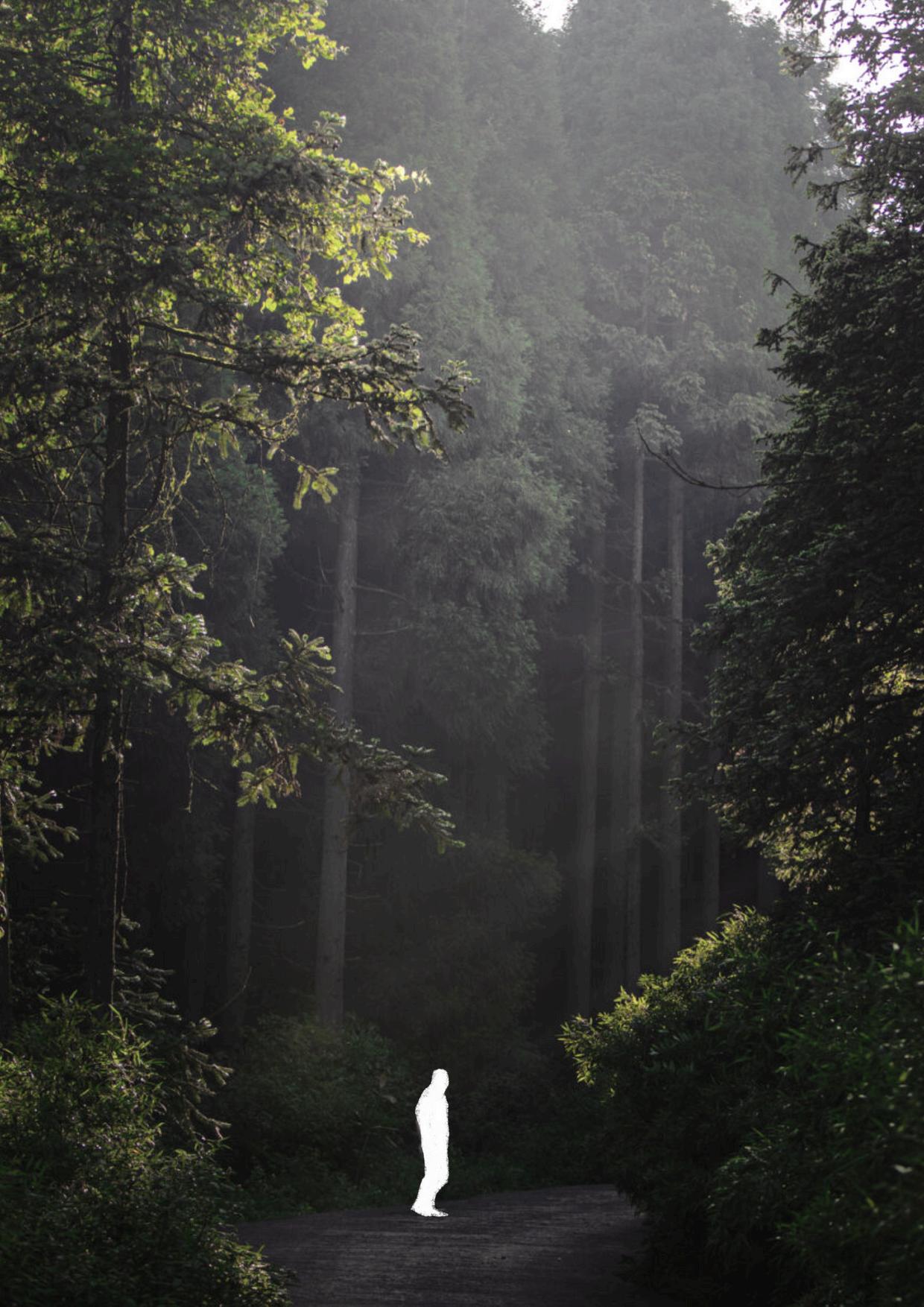
The clock struck twelve and I cowered at midnight
Wedding bells rang as the hour drew nigh
Darling, I think thou tore me asunder, despite
You bewitched me, with your gentle sight
My heart still yearns for eventide sky
The clock struck twelve and I cowered at midnight
A mirage of a star so bright Lulls me to sleep, a charming lullaby
Darling, I think thou tore me asunder, despite
The beautiful damnation of thou plight I ache to hush thy tender cry
The clock struck twelve and I cowered at midnight
With every mindless touch, I ignite
Please don’t render me here, whilst you fly
Darling, I think thou tore me asunder, despite
There’s a gown untouched, in sorrowful white
A haunting reminder of the death i refused to die
The clock struck twelve and I cowered at midnight
Darling, I think thou tore me asunder, despite
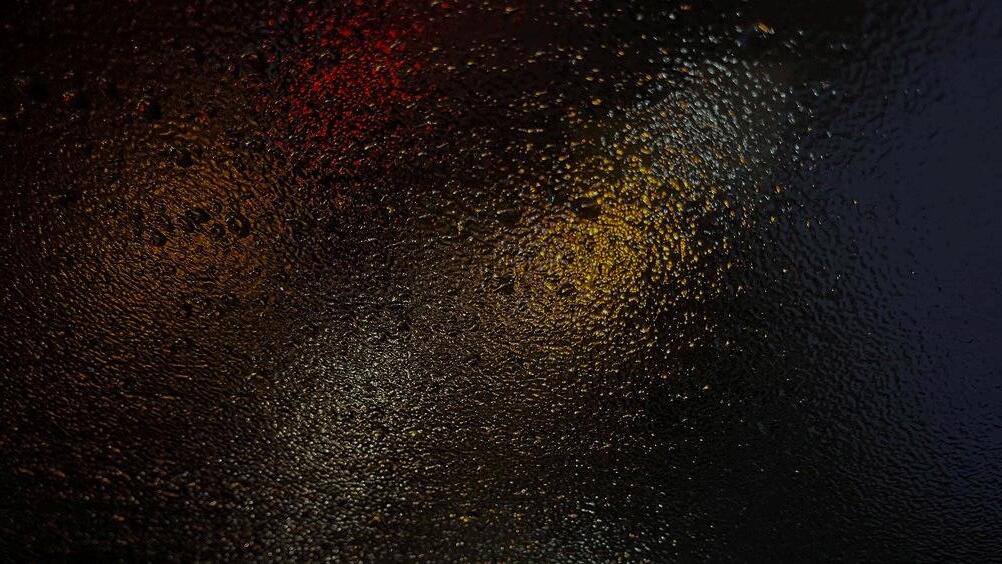
cold hands listlessly wrap around mine, sunken cheeks, and glassy eyes. creases of tension carve through your sallow skin. where did you go? come back.
// a black and white film crackles and blurs, flickering shadows move. here and there. the classic romance of hollywood: the speakeasy on a friday night, hips swaying and eyes closed, embracing their love as they slow-dance, the night melting away into a puff of smoke.
// the machine blares, i frown at the disruption. men in white coats. a muddle of movement. frowns. shouts. where did you go? come back.
// a photobook enveloped in layers of dust, initials on the front cover. theirs. each photo delicate, frayed, aged with time. pure bliss gleamed in their eyes like rays of radiant sunshine. youthful adventures, hope like a religion. anything was possible, the world was their oyster, ambition was their glittering pearl.
// still. stillness. men in white coats. tears. apologies. the door closes. i hold my breath. where did you go? come back.

i start speaking to it; the body. maybe you too, if you’re here. words form and are said unknowingly, unwillingly, of memories, far-gone realities, of themno, of us. what happened? what changed?
i stop and sit with my own garbled thoughts. if you were here, you would know. but you left.
i weave my fingers together, devoid of your touch, and wait. for you to come back. wait. wait. wait.

[This is the tale that initially inspired Hans Christian Andersen’s original story of ‘The Little Match Girl’, first published in 1845. The real story is set sometime in the 6th century (exact date unknown) somewhere in the area that is now known as Hebei Province, China. It pays tribute by shining a light on the story of a dying girl who - unbeknownst to the world - invented one of China’s most famous conceptions: sulphur matches.]
The snow fell delicately in a beautiful yet peculiar way on this cold January night.
A girl with brashly pinned-up hair watched silently as each soft, subdued snowdrop was contrasted against an equally sharp shard of ice as it plummeted, flailing helplessly across the black, inky sky.
She did not need to look to know that the beauty would all come to an inevitable end as it splattered onto the hardened ground
The little girl was physically young - 12 years old at most - but her heart and soul were weary with age, the type of mental maturity that was the result of the countless bruises given by Fate for playing recklessly with the unfortunate hand of cards. Her ribs, shoulders and cheekbones jutted out at quite unnatural angles, bearing an eerie resemblance to a deceased corpse when it takes its final breath in its tomb. The dilated pupils of her eyes seemed to bulge out against their sockets, on constant vigilance to detect any flicker of harm - or perhaps safety - that could come her way. Her ebony hair was smeared with streaks of ashy grey, pinned up by two thin wooden sticks to keep the strands out of her face as she continued to prowl the streets.
She would have truly appreciated the lovely sight of the scattering snowflakes if not for the fact that her frail fingers were nearly freezing off in the bitter frost of the cruel winter Yet, as much as she tried, the continuous rubbing of her hands did little to dull the numbing sensation creeping up on her.
The cold continued to cloak itself around her; it slithered past her halfhearted defences and made its way through every vein in her sore, weakened body; it forcibly engraved itself into her heart, prying away the last source of warmth she so desperately clung on to.
The sad truth was this: if someone had spared a glance at her for any longer than a second, they would have noticed it, that her life was so obviously hanging on by a thread. A very, very loose thread
But nobody noticed. Nobody even looked.
…And if by some stroke of luck that these onlookers happened to see a dying girl begging for scraps on the streets, their stomachs were also too empty and their hearts too broken for mere sympathy to mend.
She did not realise that her eyes had filled with tears of defeat as she trudged step by step down the winding streets of what she once called ‘home’. She did not - could not - feel the jagged cobblestones jabbing at her bare, torn feet as she trod down the dark alleyway, one that she had once knew like the back of her hand. She did not - would not - look at the flickering light twinkling near the end of the passage, beckoning her to come and lay down for just a little while.
How could she possibly resist the coaxing of eternal peace? The embrace of nothingness? She wanted nothing more than to fall victim to its allure Alas, it was only the faint memory of her grandmother’s words that stopped her from completely toppling over
“Promise me that you’ll do what I couldn't do You must live your life to its fullest ”
But how could she possibly live, when she could not even survive? And again, she thought disparagingly, she had never really had anything to live for in the first place
The angel on her shoulder whispered to her that her grandmother was right; the world was filled to the brim with wonders so ludicrous that her dreams could not do them justice. She couldn't even begin to imagine the world that existed beyond her narrow view: could there really be vast plains of emerald grass somewhere out there?
The shores. She could almost feel the soft grains of the coarse sand that would tenderly caress her limbs as she lay, still and silent and content, in the warmth that beaming rays of sunlight provided her with. The forests. She would wait patiently as each bead of freshwater dripped from the evergreen leaves and watch as they buried themselves into the soft soil, reuniting with their friends underground in a triumphant cry of glory. The mountains. She would run for miles and miles down the peaks and up from the valleys, freely and happily exploring all that there was to explore whilst the sun shone its beaming light upon her grinning face.
She tore her hungry mind away from the tantalising thoughts. She needed to focus on what was important right now: survival.
With nothing to distract her and nothing to dream of, the girl crumpled down abruptlyright there in the middle of the empty street - as all the workers hurried back home to their wives and children, now that the sun had kissed its last goodbye.
The little girl hopelessly cradled her head in her trembling hands. Darkness had befallen on her once again; she wondered if she was ever going to see daylight again.
The girl’s hands shook with anxiety to do something other than to sit here aimlessly, so she tore out the two sticks in her hair and hugged them fiercely against the warmth of her chest to feel some sort of security - however false it may be
With nothing better to do, she began to closely examine the wooden sticks her grandmother had given her
Unsurprisingly, they were not in the best of conditions, being scarred with black and worn with age Her grandmother had told her it was made out of something called ‘pinewood’, which was apparently a rare species of trees
Sure, the girl did think it was strange that her grandmother specifically emphasised the type of bark the two mere sticks were made of, but back then she was too overcome by gratitude to notice.
She was staring at the two long, thin sticks, lost in memory, as a horrible thought floated to the surface of her mind.
What if… what if she burned the sticks? She needed it for fire, and in theory they were not even worth that much - at least monetarily. What if she threw away this sentimentally precious gift for a few seconds of comfort? It was only for survival; she had to do what she had to do. But also… what if she was able to cling on to the world of the living for one more night? For her, the flaming pinewood would mean the difference between life and death.
Her internal debate was immediately abandoned when she realised that the pinewood sticks she held in her hand could not burn well. Even if it was somehow able to catch on fire, her grandmother had taught her that some types of bark were just too soft. Its colour was just too light for a steady flame to arise - and this wood definitely could not withstand a burning ember for long. She allowed the crashing wave of sorrow to wash over her as she began to lose consciousness and finally accept her demise.
Wait
No, she was missing something
The permanent blackness that clung onto her hands from hours of sweeping the chimney, wasn’t that sulphur? Her heart pounded against her chest as she racked her brain to find the reason for the flicker of hope tugging on her heartstrings
Sulphur. Soot. Chimneys.
Then everything clicked into place.
Powdered sulphur could easily burn.
The spark in her chest reignited as she scrambled to organise her kaleidoscope of thoughts. According to the information she had hastily pieced together, if she rubbed this sulphur against the pinewood and if the pinewood caught on fire, the sulphur coating would keep the sticks burning.
The sticks would burn. For an indefinitely long time.
She did not pause to think of what her grandmother would have thought as she hurriedly smeared the blackness on her hands onto the sticks, but it was only because deep down, she knew that her grandmother could care less for some wooden sticks if it meant for the survival of her own flesh and blood.
So with hope and desperation hand in hand on either side of her, the little girl began to work.
She rubbed her hands relentlessly against the wood, ignoring her splintering fingers as shreds of wood pierced into her skin from the continuous friction. Up. Down. Up. Down. Up. Down. She worked tirelessly on her creation.
And then she was done.
The first match in history was created
Heart heavy in her chest, the little girl prayed with every fibre in her frail body for this to work. It had to. There was no other option.
In one quick motion, she scratched one wooden stick against the other, and waited with a bated breath for something - anything - to happen.
Nothing.
And then… a spark.
An ember.
The girl’s heart joyously sang with triumph and relief as she eagerly brought the flame closer to her chest to welcome the glorious heat She burrowed back into her mind and thought happily of the spectacular rewards that all those important people would offer her in exchange for this magnificent creation she had discovered
People had been searching for decades now as to how to light a flame in a short amount of time, and she had just so happened to stumble upon the answer! She was almost salivating at the realisation that maybe - just maybe - her life was going to change forever.
Oh, the things that she would do! She giddily thought of this mysterious ocean people talked about and what it could actually look like. Would the waves dance merrily across the surface of the glistening sapphire seabed, carrying pieces of driftwood further and further away from the shore until they ventured so far out at sea that it would become immune by the touch of reality?And what of the forests and jungles that were supposedly green and lucious and filled with wonders? Did the sky above the towering canopies look different from the smoky sky she peered up at every night here? She could almost hear the rapid heartbeats of the twittering hummingbirds as they whizzed about, meticulously collecting nectar in their small beaks to bring back to their families to feed. Oh, what would she choose to do first? She simply could not wait to find out.
All of a sudden, the flame began to dim.
And then it was gone.
Just like that.
She felt the hands of Death tie a noose around her neck. Her breaths became quicker and more panicked. Terror shot through every nerve in her body.
She was so scared, so frightened.
She didn't know what to do.
How could this have happened? What did she fail to notice? What had she overlooked? She made sure to be painstakingly careful of how she made the sticks There was no room for error
Yet, she had to have made a mistake
And it would cost her - dearly
The piling heaps of white snow that continued to fall as if nothing had happened, as if she wasn’t dying, seemed to mock her. How could she have been so naive to think that one silly little flame would be enough to overcome an entire storm of rage?
I really tried to hold on, Grandmother, but I cannot do it anymore.
The little girl had no fight left in her. This was the final blow. The spark inside her that gave her life had been dimming all this time; it could not hold on any longer.
With a shaky breath, the little girl curled herself up against the cold pavement ground and closed her eyes.
Please, forgive me.
The world blinked around her as she and her thoughts and ambitions and dreams faded away into pure nothingness.
And just like that, she was gone, as swift and as sharp as a winter’s breeze.
~ The next day, two men found a little girl lying on the streets alone, with two sticks covered in black dust by her side They saw the burnt edges of the wood, and investigated them to produce something spectacular
These men developed the sulphur matches we know so well today from the first prototype they found that morning in January
~
The heroine, now known as the Little Match Girl, died before knowing that she was the reason for the survival of countless other little girls who - just like herself - were struggling to hold on a cold winter's night.
May her creation continue to give hope in a time of darkness.
May her flame burn bright for aeons to come.
May her story live on forever.
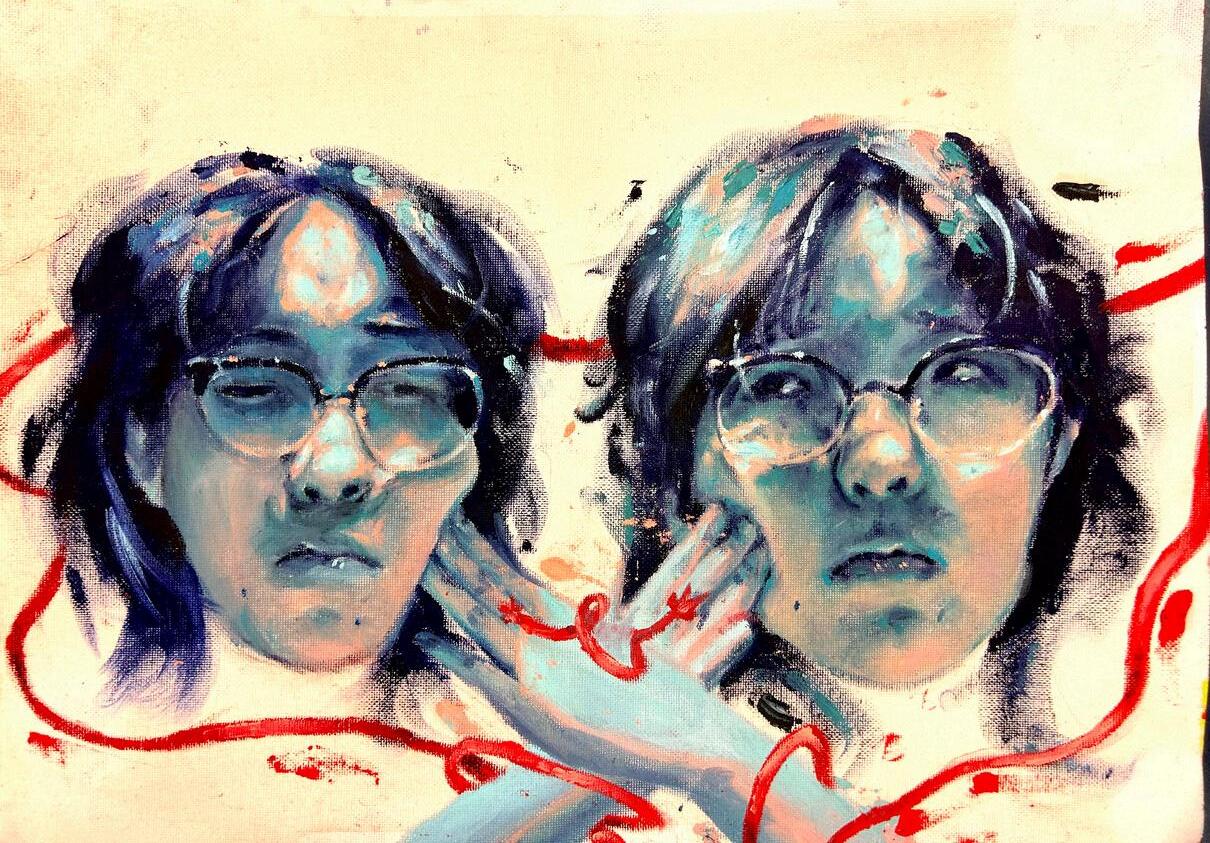
Scissors snip sharply
The cold metal grazing the tip of my ear, That hurt
But not as much as the words you said, Locks of my raven black hair
Drop to the ground dead
One after the other
As much as I wish that you’d do the same
I can’t bring myself to admit it, Each snip
Each move of a blade
I forget
The memories I cherished
The conversations I kept like an oath
And the promises, oh, the promises
Oh how I bestowed my trust absolutely
All sugar-coated lies
Lies, lies, sweet, sweet lies
Another snip
I remember that day
You told me I could trust you with my life
How could I trust you
When I don’t even know you
Tell me
Who are you really
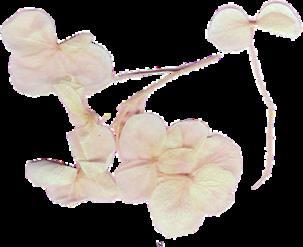
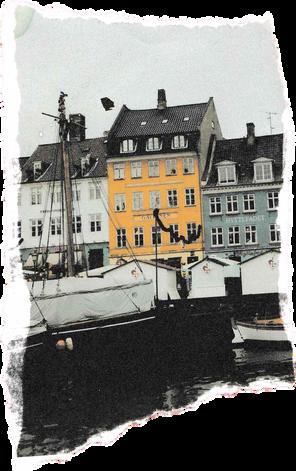
You weren’t the shining sun I always thought you were
You’re an Icarus
Blinded by the light of fake admiration and momentary privilege
You’ve flown too close to the sun
Snip some more
And the weight is further lifted
I no longer feel the pressure
Of appealing to you
To your needs and impossible demands
I’m not your Hercules
I can’t survive all twelve labours
My heart will stop before I finish two
You’re killing me
So I hope you understand
Why I’m cutting off the fraudulent rhapsodies
One last snip
And I swivel to see my hair
Gone and finally free,
Head light like a dove
Devoid of chains
Your hold on me no more
For I refuse to orbit around you any longer
It’s my turn to be a supernova
The brightest of them all

 PhotographybyLeoTse
PhotographybyLeoTse

As days pass by in a blink, Not thinking, just letting time pass by until I reach the brink, I must reflect
Is this how I want my days to die? Living on the edge, never aspiring to fly?
This is all I am All that I could be, all that I can
My heart tightens, eyes bulge, hands clench into fists. The pile of meat, skin, and bone that encompasses all that I am is listing
Is that the wind of change whistling?
My vision shudders, legs stumble, hesitation turns into mist. The time is now and tomorrow doesn’t exist.
The world is moving, picking up the pace Am I losing? Am I going to waste my place?
Live life for life! Make joy for joy!
Mediocrity is the fate of many and greatness the future of few, But do not let that discourage you, Your life is yours alone, your story something new
I won’t live forever, My sorrow and my joy will not persist after I am gone With figures of history and future beyond, I will not belong
But what ho! What things I will know! What gory glory, what sordid stories will I tell, What racy relations, what dainty degradations, What will I be before death’s knell?
Change will come, I’ll make it so. I’m quite the person, Don’t you know?

what excites you?
i miss floating on this earth
i’m too grounded, too involved with things i want to ignore yet the saccharine music is too addictive i find myself yearning to hear more i was enchanted yet blinded and my rose-tinted vision faded revealing a city of monochrome i long to paint but the languor consumed me i hope it doesn’t consume you because the sun shines too brightly and the precarious weather frightens me and withstanding the extremity simply does not seem to hold much difficulty. today, tomorrow, albeit not yesterday
i’ll colour in vibrant hues make them relish in my gay if living like this is my greatest sin then god, berate, curse, and punish me for in my embellished city i’ll continue to sin flamboyantly.



One day, amidst the excitement of university life, a jolt of unease disrupted my newfound joy As I fixated upon the news, my heart plummeted at the sight of headlines reporting a tempestuous earthquake ravaging my cherished hometown. Immense worry engulfed me; my consciousness consumed by the safety of my family. Time seemed to stand still as I frantically reached out to ensure their well-being, praying for their safety amidst this anarchy. Incessant phone calls back home consumed my time, as I yearned for my family while trying to distract myself from the nightmarish thought of losing my loved ones. However after multiple hours of calling and constant reassurance from friends, my attempts to reach out proved futile, and thus I immediately booked a flight back home.
The garden outside the family house lays barren before me, its usual emerald expanse transformed into a desolate wasteland. Echoes of crumbling structures and sporadic sirens of emergency vehicles pierce the air, intermingling with the dissonant chorus of alarms blaring incessantly. Grey dust fills the air, and is violently hurled across the sky by the wind. Stampeding across the horizon, the black jackboots of rain unleash a cold fury upon my terrified body below, as if some long dead tyrant had returned armed with death’s wrath. As the clumps of dust evanescently whisk away, obeying the wind’s orders, the sky reveals itself: the closest clouds armoured in battleship grey; those behind streaked with the colour of coal smoke, and those on the horizon an eerie darkness, as if signalling a coming thunderstorm. The rain begins to fall in sheets, as if the heavens are now weeping at the destruction that has taken place.
I painstakingly navigate the ruins that lay on this barren field with the weight of the world on my shoulders. Breathing frantically, I shout for my mother, father, and little brother, craving a response, yet I am replied only by the agonising screams of mothers searching for their children. My eyes start to feel heavy, and the multitude of sounds around me gradually drown out, then my vision turns into a blur of blue, red, then black, with everything I loved melting away

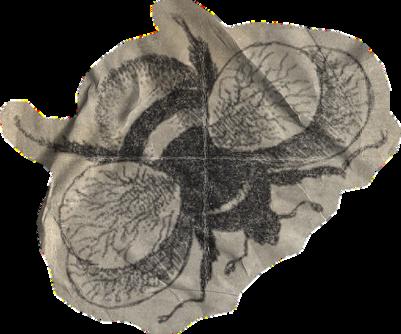
The English language is one that has become ubiquitous across the known world. The studies of its unique and often archaic origins have become increasingly common. Nevertheless, this essay will give a brief, but by no means all-inclusive overview of the evolution of the English language, from its origins of being based largely on the ancient dialects of the Anglo-phones who resided in mediaeval England, to the development of what has become ‘Olde English’ during the days of the Empire, and finally its contemporary form where English has becomes increasingly assailed by ‘Americanisms’ - as many more conservative Englishspeakers term it.
The English language can trace its origins back to the Anglo-Saxon people that resided in the land that has become known as Britannia, England. The earliest influence of the English language can be accredited to the Roman conquerors of England, who gave the basis to the language today. Indeed, contemporary English still contains select elements of Latin, such as the prefixes or suffixes of the nowdead Latin. Moreover, the reason that the English language is still classified as a Germanic language is because of its similarities in grammar with its German counterparts, which can be attributed to their common ancestor: Proto-Germanic. Historically, another major influence on older forms of the English language is Old Norse, which can be attributed to the Viking raids that ravaged the coasts of England; these included violent incursions against Christian monasteries in southern England. This caused Old Norse to become an essential part of the English language, influencing the evolution of the language by introducing words like ‘sky’, or ‘skin’ to the burgeoning vocabulary of Olde Englishmen.
Following the first Norse raid of 793 and the subsequent skirmishes, the next great threat to the English presented itself in the 1066 Norman conquest of the British Isles by William the Conqueror. This led to the English language becoming more closely related to Old French, which it still bears resemblance to today. Historians regard the Norman conquest of England as a Watershed moment in the history of England as a whole because it saw a complete revolution in the culture and indeed the language of the Britons. To this extent, it is estimated that over 30% of the English language is still French. Furthermore, the Anglo-Saxon conquerors of ancient Britain left behind several important artefacts that persist today, one of these being the Bayeux tapestry that portrays the Battle of Hastings, which is generally regarded by historians as a turning point in the Norman conflict and is arguably the most definitive moment of the entire conflict where ‘Here King Harold is killed’, or as Hic Harold rex interfectus est. The use of Latin in this tapestry also remains vital to the history of the English language as it demonstrates the relative importance of Latin to the upper classes of the time, especially in a time when older style English was associated with the peasant class, (until the reign of Henry V). Moreover, this tapestry also offers an opportunity to showcase the differences between Classical and Medieval Latin*:
Semantic differences of Medieval Latin: In this instance, miles = knight, whereas in classical Latin ‘ eques ’ refers to horseman, the ancient equivalent of a knight. (Anderson, 1986)

To this extent, the evolution of Latin alongside English remains important as it is arguably a defining feature of the English we know today. Furthermore, another piece of writing from the times of Middle English (Post-1066 invasion) is the Canterbury Tales, written by the famous Chaucer who is accredited by ancient writers like Ashby who refer to him as “who illuminated and embellished English”, in the words of Hoccleve the “firste fyndere of oure faire language,” (Machan, 2012) Whilst this may seem insignificant in the grand scale of the evolution of the English language, the contribution of writers like Chaucer, whose involvement in the development of the English language, while highly debated, cannot be understated. To conclude this summary of this period of the English Language, English first came into being under the common ancestor of the Germanic language Proto-Germanic, and was then influenced by the Romans, the Norse raids, and the invasion of the Normans. The mixing of the language is best summed up by the quote: “Since the tyme of Chaucer, more by Latin & French, hath bin mingled in our toung then left out of it, but of late wee haue falne to such borrowing of woords from Latin, French, and other toungs that it had bin beyond all stay and limit...“
The second great ‘convulsion’ or change of the English language is undoubtedly the expansion of its influence through the British Empire. At its greatest point, the Empire stretched to almost every continent in the world. Its influence in disseminating English has contributed greatly to English becoming a Lingua Franca in the modern day, a Lingua Franca being an almost universal language that is worldwide in its ability to connect people, even between those whose native languages are different. English’s reputation of being spoken by the ruling ‘whites’ of many colonies led it to become one associated with privilege due to the brutal imperialism that the British utilised to grow their empire. Furthermore, its introduction in the process of ‘civilisation’ caused it to become ingrained in the psyche of many a colony. A prominent example of this is modern-day India, previously known under the Empire as the British Raj, which during the days of Imperial Britain was subject to the crown and under direct control of the colonial administration and the East India Trading Company. Having not been granted responsible government until promises were grudgingly followed up upon post-WW2, much of India came to speak English rather than their traditional, native languages. They did so largely not out of choice, but out of necessity to do business and to survive in an India dominated by the infamous ‘Company’. Nevertheless, the effect of the years of Imperial rule can still be felt around the world today, not only in India, but by those who traded with the 13 colonies that broke free from the yoke of British rule. The United States in its path to global superpower, can trace its roots to European settlers, namely French and British, and the ‘American’, subsequently speaking English. It was only when in 1828, Noah Webster published the first American Dictionary on the English language did the rift between British English and American English become clear. The United States with its largely English-speaking population and its superpower status is debatably one of the most significant reasons for the dominance that English still has in the modern era. With the United States’ historically high immigration into the ‘land of the free’, citizens from all over the globe have come into touch with English, albeit American English. To summarise, another one of the factors contributing to the dominance of the English language as a Lingua Franca today was the British Empire which effectively spread the language to over 400 million people, coupled with the rise of the Americans and the fall of the ancient regime, namely the British, hugely benefited English as a worldwide language, one that is essential for business and life in the developed world. Today, that statement remains partly true with the rise of Chinese amongst other languages.
Finally, in the modern day the English language, though still one of the most prominent languages in the world even when compared to languages like Spanish which has its own claims to becoming a Lingua Franca, has greatly changed from how it has in earlier iterations, with the rise of American English greatly eclipsing that of traditional British English. With Americans adding their own ‘embellishments’ to the language and the famous, or in some cases infamous American accents leading to a simplification of the language into slang or the combination of words like ‘belittle’, an early Americanism that was introduced into English. Moreover, Americanisms have taken such a hold on English that they have become integrated into common everyday talk, to the point where it is almost uncommon for one to not use an Americanism of some kind in their speech. This represents a new stage in the evolution of the language, as although many regard it as the destruction, or ‘vulgarisation’ of the language, it should be recognised that it is one produced and spread through the ease to which it is picked up and subsequently propagated. In general, this stands as the latest iteration of the English language, and it remains to be seen whether English will remain the domineering language in the world for years to come.
In conclusion, from the origins of English to its wider dissemination through Imperial Britain and finally to the takeover of Americanisms in the common speech of people across the world, English has persisted as a common language for people around the world. Uniting and sometimes separating, people’s languages endure as a particularly poignant facet of human culture and remain the most important way in which we communicate, argue, or persuade one another. Therefore, although the change to a dominant American English is one that many regard with distaste, it should be noted that it is but another step in the evolution of a language alongside those that speak it.

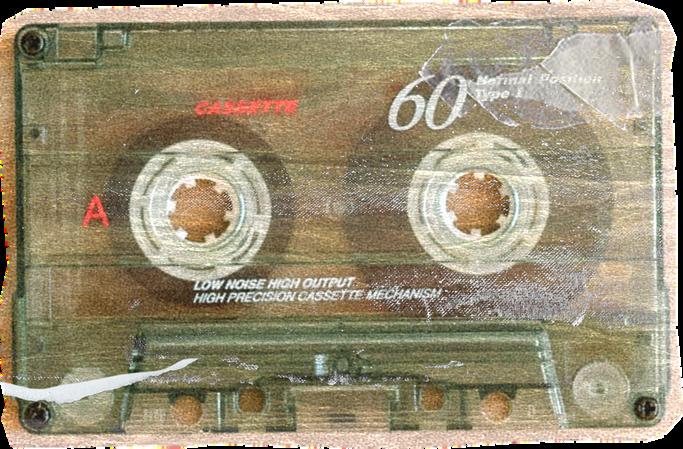


 By
By

Change is a river, forever flowing, Carving paths where none were showing, It erodes the walls that hinder our stride, With currents of courage, it’s our guide.
At times, change will wear a daunting face, Causing unease in its untamed embrace, Yet within its depths lie endless grace, And the promise of a better place.
For change is the sculptor of destiny’s clay, Moulding our lives in its intricate way, With each transformation, we’re called to grow, To adapt, to learn, to let our spirits glow.
So let us not fear the winds of change, But embrace the unknown, sage, For in its grace, we find our bloom, And in its arms, we transcend our gloom.
Oh, change, relentless force of life’s design, With you, the world forever intertwines, Grace us, guide us, as we rearrange, In your embrace, we find the power to change.
